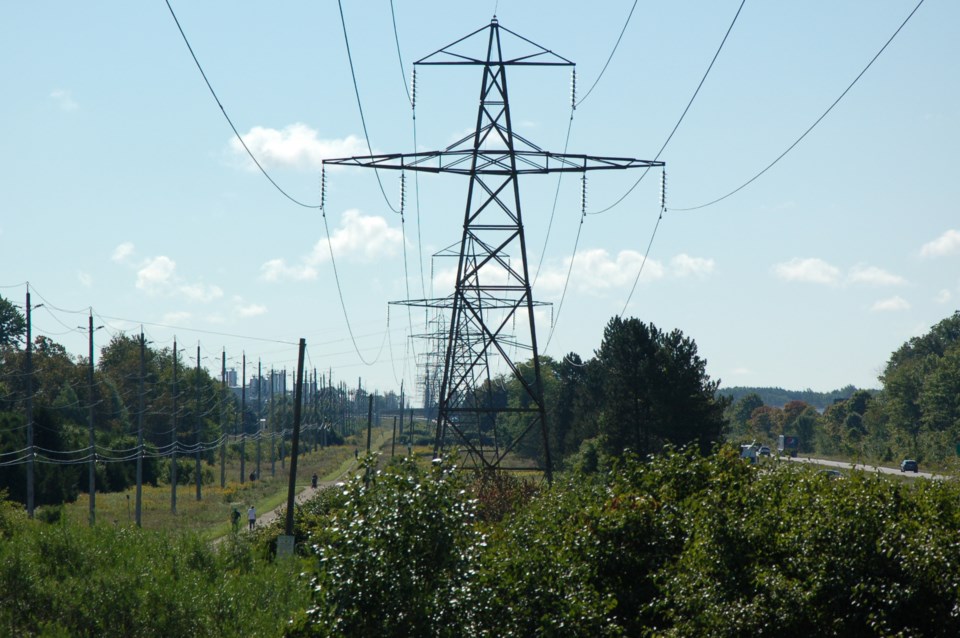City officials may have “abandoned the broader community” when it comes to greenhouse gas (GHG) emission reduction efforts, worries Evan Ferrari, executive director of eMERGE Sustainability Guelph.
“I’m very nervous,” he said in response to the city’s recently released interim targets along the way to achieving corporate reductions but absent targets intended to reach community reductions – both with declared goals of realizing net-zero status by 2050 or sooner.
“This recent report looks like they’re abandoning the broader community and that just sends us down a really horrible path at this point.”
As explained in the report, the city’s corporate operations, including transit, public works and more, account for about 2.8 per cent of GHG emissions in Guelph. Local residences, businesses, institutions, industry and vehicles make up the other 97.8 per cent.
When city council pledged to join the United Nations Race to Zero campaign last December, it called on staff to bring forward a report with interim GHG reduction targets and urged the community to “join us in recognising the global climate crisis and help us deliver on science-based action to overcome it.”
Ferrari and some others were under the impression community interim reduction targets were to be included in that report, released June 10, but they weren’t.
Instead, the report suggests the city’s role is to “lead by example” through targeting its own corporate emissions, as well as to “facilitate” reductions elsewhere in the community.
“The city has a very engaged community that is passionate about environmental initiatives including climate change and reduction of GHG emissions,” said deputy CAO Jayne Holmes in an email, pointing to water use efficiency and waste reduction programs as examples, along with a residential energy retrofit project.
“They’re doing a wonderful job with the corporate entity,” Ferrari said, noting the City of Guelph was considered a leader on climate action issues. “Now it appears that we’re becoming laggers on this.”
In the report, staff note community emissions throughout Guelph reached 929,859 tonnes of CO2 equivalent in 2018, which is now the benchmark year for comparison. A year later that number was down slightly at 939,014 tonnes of CO2 equivalent.
Total GHG emissions were “noticeably” down in 2020 as a result of the pandemic, the report states, coming in at 775,887 tonnes of CO2 equivalent.
As of last year, the city reduced its own emissions by 9.9 per cent, with a 25 per cent target set for 2026 and a 2030 target of 63 per cent.
There has been much community discussion and public input provided to city officials regarding GHG emission reductions throughout the city as a whole, Ferrari noted.
“Have we got to re-do this stuff? I’m at a loss.”
